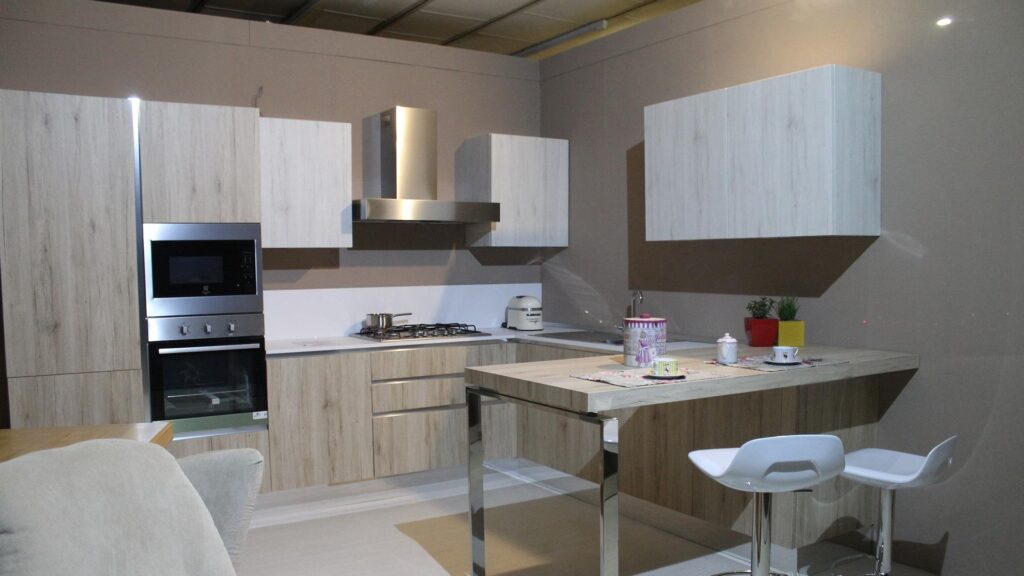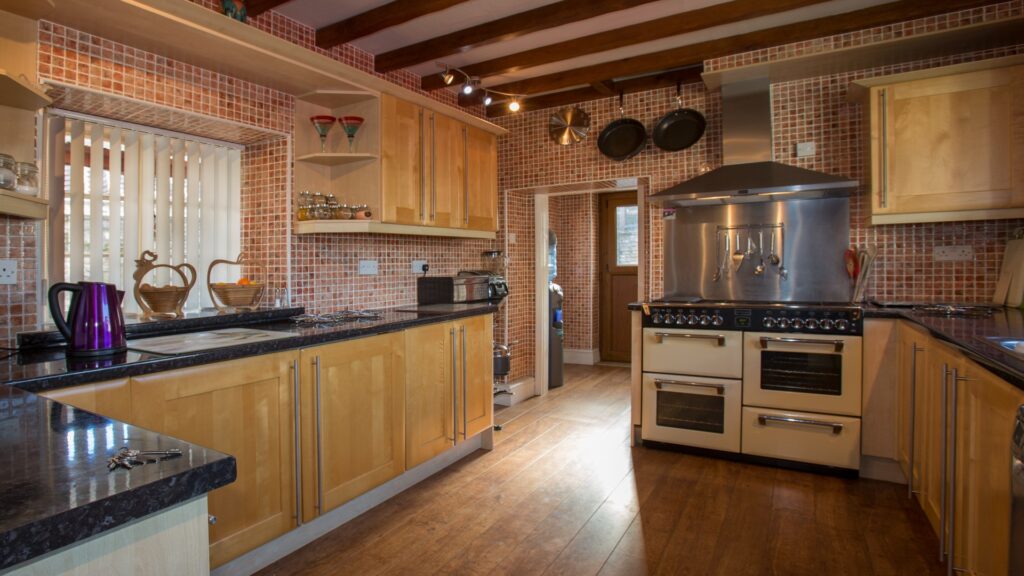What to Look for in a Fitted Kitchen
It’s well worth spending some time preparing before purchasing a new kitchen, regardless of the kitchen supplier. Examine the following points and prepare a list to ensure that nothing is overlooked or left to chance.
Kitchen Design
Of course, your kitchen designer or supplier should assist you much in the designing of your new kitchen. However, there will be some components of the kitchen planning process that are highly personal to you and your circumstances.
Make sure the kitchen firm you’re working with is aware of your specific needs early on in the design process so they may be included in your new kitchen.
The kitchen planner will ask you questions as part of the design process to learn what is essential to you.
There are also regional considerations. For instance, fitted kitchens in Dublin may look completely different than the ones in New York due to local building codes.
Handling Disruption
Dust, noise, disruption, and inconvenient circumstances. These are all elements that are unlikely to be included in your ideal kitchen. The showroom displays, stunning images, and imagination all contribute to the dream of seeing your friends and family in your beautiful new kitchen. However, unless you are building a new home, your old kitchen will be demolished before the new one is built at some point.
There will be some mess and inconvenience, as with any building project.
We make it a top priority to limit this to a bare minimum. However, it would be incorrect to say that it can be completely removed from the process.
Keep in mind that, as the adage goes, “you can’t build an omelet without breaking eggs” during the installation of your new kitchen. It’s difficult to deal with the unexpected, so don’t be surprised if something unexpected happens.
Bringing the Trades Together
Builders, electricians, plumbers, work-top installers, carpenters, and decorators are just a few of the professionals involved in a new kitchen. Some will be required prior to the start of the kitchen installation, while others will be required during and after. Any additional work must be reasonably scheduled to avoid headaches.
Effective communication, as well as an understanding of the components of a kitchen installation, are essential.
Your kitchen supplier should have experience handling kitchen projects and can thus assist in ensuring that everything is installed in the proper order. If you’re hiring your own contractors, make sure they understand what they’re doing and when they’re supposed to do it. Even a seemingly little issue can put the entire procedure on hold.
Design Considerations That Are Practical
Kitchen design that is practical takes into account both your personal and professional needs. Seating areas, lighting, appliance placement, and so on, as well as the installation and operation of the kitchen.
Your supplier should be well-versed in technical design needs and practicalities, just as you should be well-versed in (or at least have a solid sense of) your own design preferences.
Your designer should be able to assist you greatly by working with you early on to ensure that your preferences are taken into account, as well as by disclosing some design elements that you may not be aware of.
Read our guide on how to lay paving slabs as well.
Figure Out What’s Really Important
Most kitchen installs require some type of compromise: perhaps a new window isn’t in the best feature, or the room’s shape doesn’t exactly fit the furnishings perfectly. Some things are simply too inconvenient to change. There will be some details, though, that are top priority (and these may differ from person to person).
Your designer and supplier must understand what is most important to you.
Recognize When It’s Time Compromise
A new kitchen’s planning and design is a difficult endeavor. There will be problems along the route, some of which will be handled by your provider and others which will require your assistance. Overcoming these obstacles necessitates not just selecting how to best deal with them, but also considering if they are worth addressing at all.
Prioritize your wants and needs; it’s critical to have all of the necessary parts in place. There will invariably be some ideas that should not be pursued. Maybe they’ll be too expensive, hard, or time-consuming to put in place.
Selecting a Kitchen Provider
What criteria do you use to select your vendor? An initial web search, followed by a tour of showrooms from your shortlist? Perhaps you know someone who can recommend a kitchen remodeling firm.
You’ll have to convince yourself that anybody you choose will be able to meet your specific needs. Do you agree with your supplier’s payment and work schedules? Do they rely on tried-and-true materials and equipment? What do their previous clients have to say about their work?
Looking at client testimonies might reveal a lot.
Budget
Money is something that some people don’t like to talk about (and others do!). However, it is an important and required aspect of the design process. Some seemingly trivial things eat up a big percentage of the budget: high-end appliances, intricate worktop designs, and so forth.
It’s critical to have a clear notion of how much money you want to spend and what you want to spend it on.
Obviously, materials and appliances make up a significant portion of any building project. However, there will be additional expenses that should be factored into your budget.
Installation, ancillary labor and tradespeople, and, of course, design; good design takes time and thus money. Your kitchen supplier should have a good grasp of all the components that go into making your kitchen, and they’ll work with you to stay within your budget.
Aftercare
Yes, ovens and surfaces must be cleaned, bins must be emptied, and equipment must be maintained. Some aftercare tasks are easier to do than others, depending on the choices taken at the outset.
Ask your designer or supplier about aftercare; they should be able to advise you on how to keep your kitchen looking excellent for many years.
It’s also important to think about how your kitchen will be used and in what kind of setting. With small children present, a busy family kitchen is sure to experience a few more knocks and bruises. Some design components are more long-lasting than others. Make sure your designer understands how your kitchen will be used.
You may also want to read our guide to buying a house in Ireland.



No comments yet. Be the first!